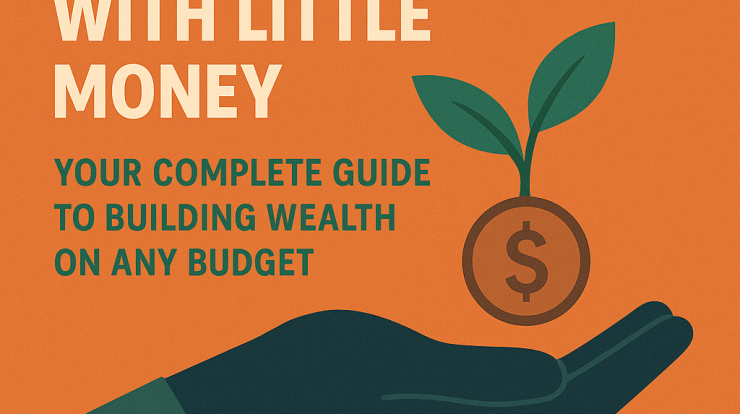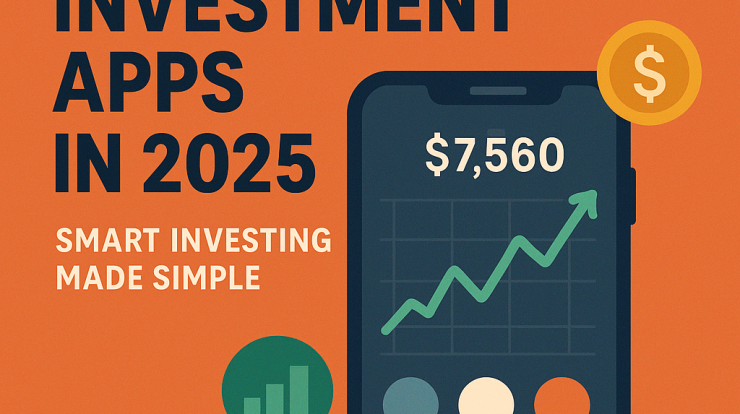
Ever felt like saving money is hindering your happiness? Maybe you’re so focused on the numbers that you’ve lost sight of what truly matters. We’re diving into a surprisingly uncharted territory: the dark side of budgeting.
Imagine this: you’ve meticulously tracked every penny, allocated every dollar, and your savings account is thriving. But something feels…off. You’re constantly stressed, missing out on experiences, and feeling disconnected from your friends and family. This is where the dark side of budgeting creeps in—a scenario where the relentless pursuit of saving money overshadows other essential parts of your life.
Are you meticulously planning every meal? Stripping joy from everyday experiences? Let’s face it, sometimes, saving can become a compulsive behavior, like a hamster on a wheel; it can feel more like a burden than a blessing. Are you sacrificing spontaneity, potentially missing out on meaningful moments because you’re too busy sticking to your budget?
We often hear the mantra ‘saving is good.’ And it is, absolutely, but it can be incredibly limiting when it strips away the complimentarydom and spontaneity needed for happiness and personal growth. Think about the missed opportunities: a spontaneous weekend trip, a concert with friends, or even just a simple dinner with family. All these moments are often overlooked when solely focusing on savings.
The pressure to save can sometimes affect our relationships. Imagine feeling obligated to constantly decline invitations to social activities due to budget constraints. Do you feel that you’re pushing everyone away because you’re prioritizing savings over companionship?
Related Post : Top 7 Learning Hacks That Will Skyrocket Your Academic Success
Furthermore, the endless focus on savings can lead to significant stress. Are you constantly fretting about exceeding your budget? Feeling trapped in a cycle of counting pennies instead of living life? We may need to reconsider the function of budgeting in overall well-being.
The key is balance. Budgeting shouldn’t be about sacrificing everything for financial security; rather, it’s a tool for gaining control over your finances while still having room for personal well-being. How do we strike this elusive balance?
Think of your budget not as a jail sentence, but as a roadmap. It helps you navigate your financial world, rather than dictate your life’s trajectory. A healthy budget allows for flexibility, spontaneity, and room to experience life’s unexpected turns.
Don’t let the pursuit of financial security extinguish the flame of your happiness. Is it worth foregoing these priceless experiences for a little more in your savings account? Is it possible to have both?
We must consider the long-term implications—what good is a million dollars if you’re miserable? What are you willing to sacrifice for more savings? Your mental health, happiness, and sense of fulfilment shouldn’t be secondary to financial gain.
In conclusion, prioritizing financial health while neglecting other essential facets of life can lead to a surprisingly dark side of budgeting. We need to strike a balance between saving and living. A balanced approach involves making room for experiences, relationships, and personal growth, rather than viewing them as obstacles on the path to financial security. A healthy relationship with money is about more than just numbers; it’s about well-being as a whole. Don’t let the pursuit of a perfect budget overshadow the joy of life’s experiences.


